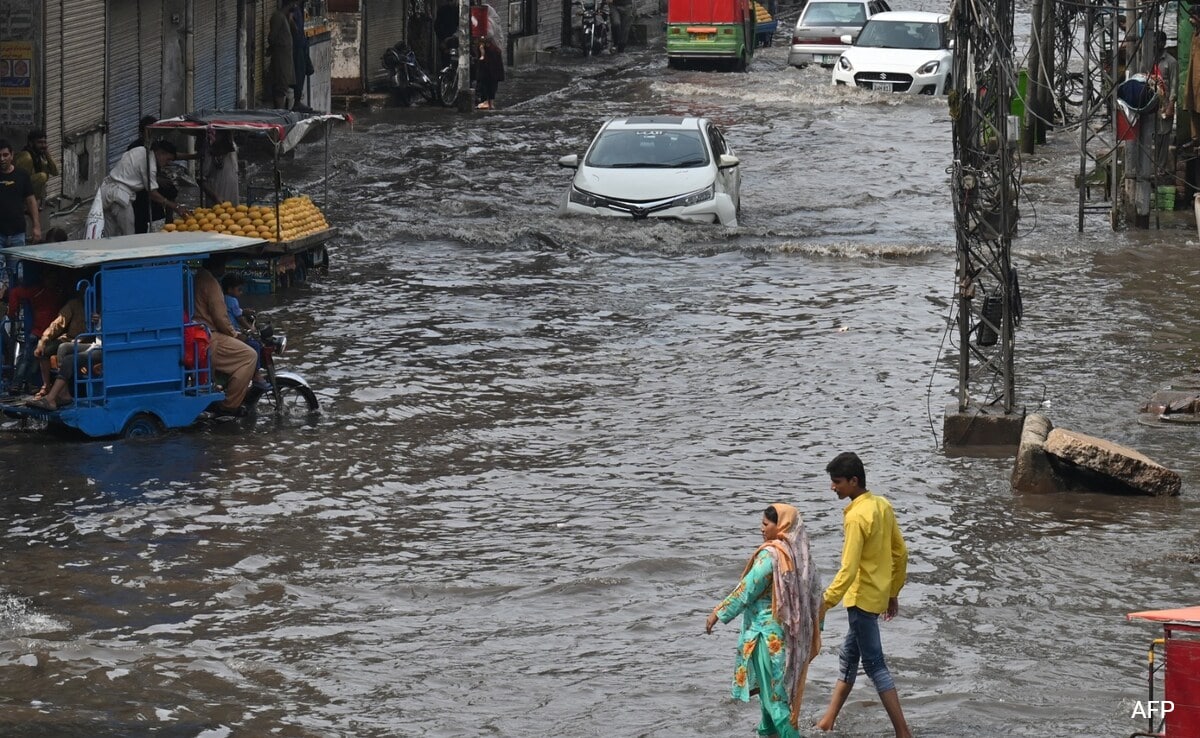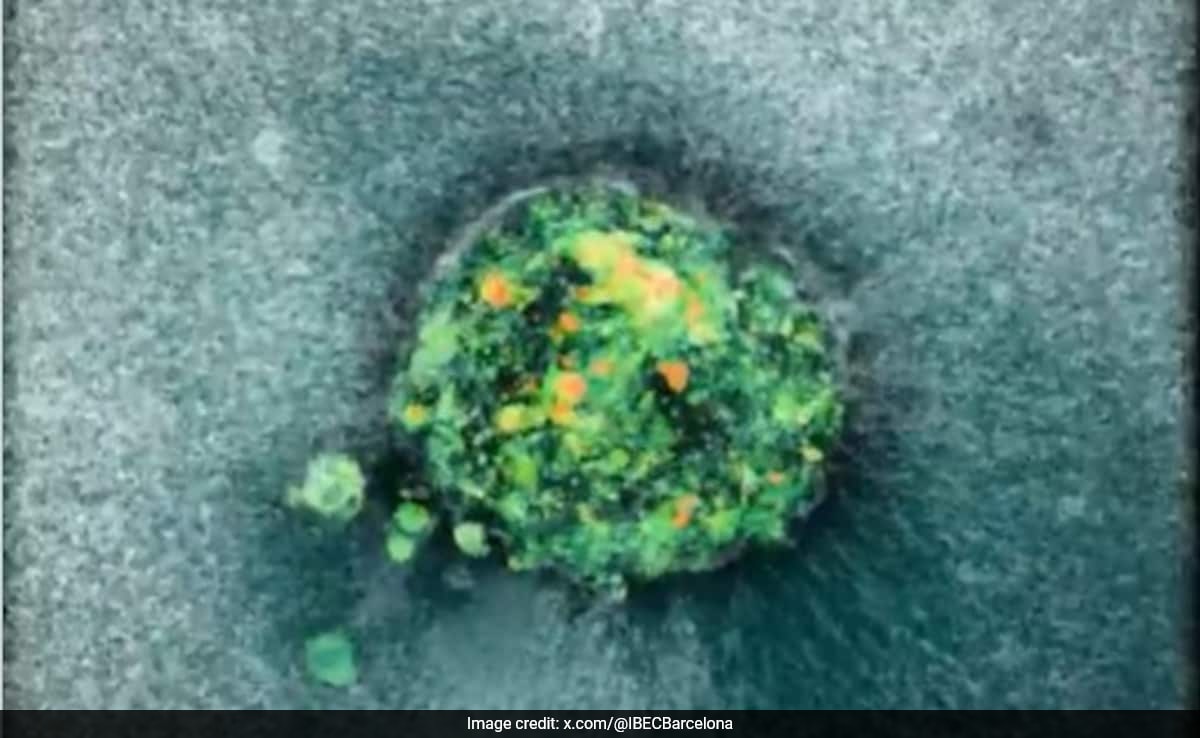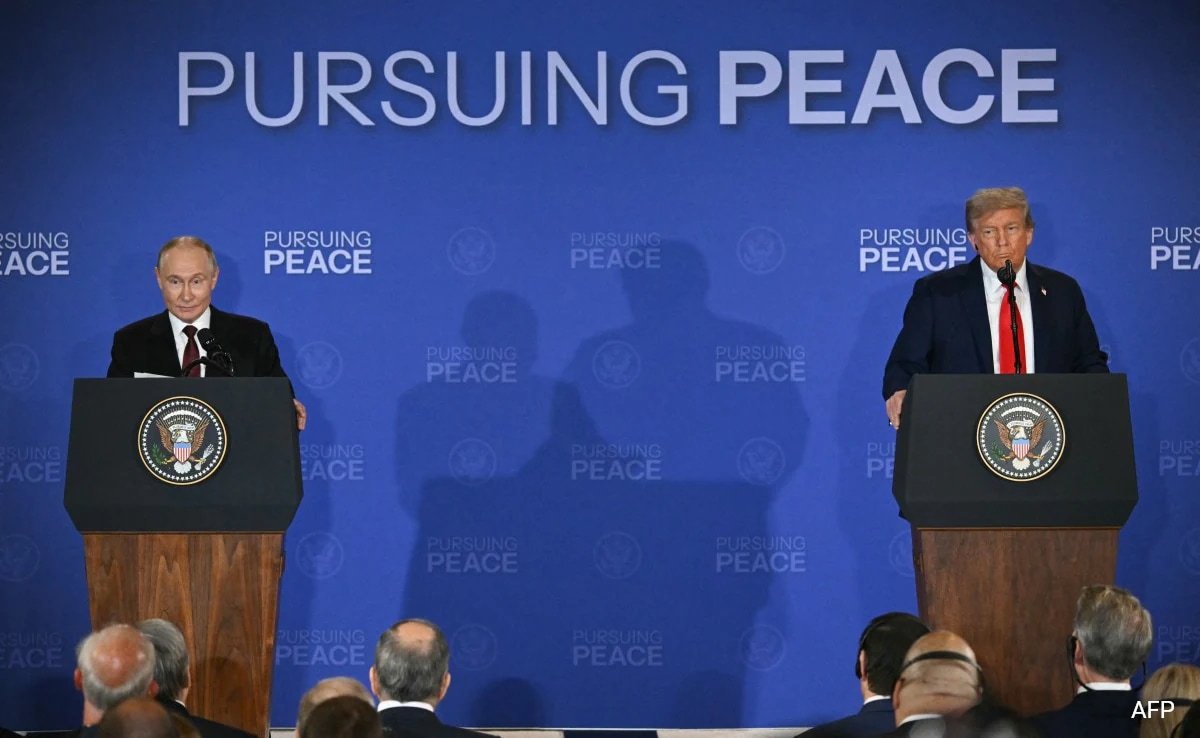Several residents of Iqaluit, which has a large Inuit population, complained earlier this month that water from their taps gave off a fuel-like odor. The city, located some 1,200 miles north of Montreal, said as recently as Oct. 4 that tests had indicated the quality was satisfactory, though it reversed course this week.
Authorities said they were waiting for lab results to confirm the type and concentration of suspected hydrocarbon contaminants found in the water supply.
The water crisis is a significant blow to people living in the remote Arctic city, who already pay some of the highest grocery prices in Canada. As of Wednesday afternoon, Iqaluitâs two major grocery stories had run out of expensive bottled water and water jugs, Canadaâs Globe and Mail newspaper reported.
The city was providing treated water from water dispensing stations, and Iqaluit Mayor Kenny Bell told local media Wednesday that the government of Nunavut, the territory that the city is in, is sending over 21,000 gallons of water by plane.
Some residents headed to the nearby Sylvia Grinnell River to collect clean water. Yipeng Ge, a doctor, went after work to fill up two water jugs he was given by his hospital. He boiled the river water for five minutes â much longer than the city had recommended â just to be safe.
Everyday activities like brushing his teeth and showering were now cumbersome, but Ge said he considered himself fortunate. âNot everyone has access to [water] jugs â without them, it makes getting water very hard,â he said in an interview.
Canada, which sits astride the Great Lakes, is one of the worldâs most water-rich countries: roughly 20 percent of the globeâs freshwater resources is located within its territory. But access to clean, affordable water is less than equal. Water on Indigenous reserves has for decades been contaminated with various chemicals or bacteria, tough to access or at risk because of broken-down water systems that can take years to fix.
73 percent of the First Nationsâs water systems are at a âhigh or medium risk of contamination,â according to the Council of Canadians, a social justice group. Several Indigenous communities have lived with water advisories for nearly three decades and in a 2016 Human Rights report, some families said they limited the number of showers and baths their children took, fearing poor-quality water.
In 2015, Prime Minister Justin Trudeau campaigned on a promise to end all long-term drinking-water advisories â those longer than 12 months â on First Nations reserves by March 2021. But the deadline has been pushed back. Indigenous Services Canada, a federal government body, did not return a request for comment early Thursday.
Amanda Coletta in Toronto contributed reporting to this article.
.png)











 English (United States) ·
English (United States) ·  Turkish (Turkey) ·
Turkish (Turkey) ·